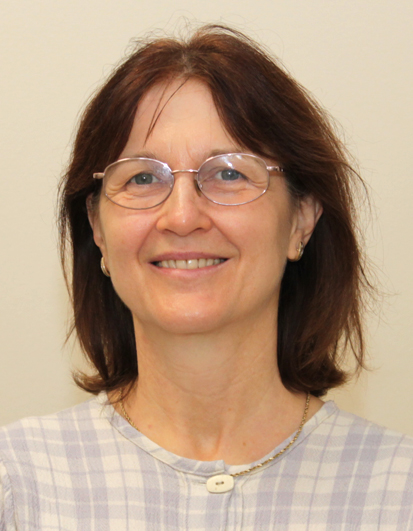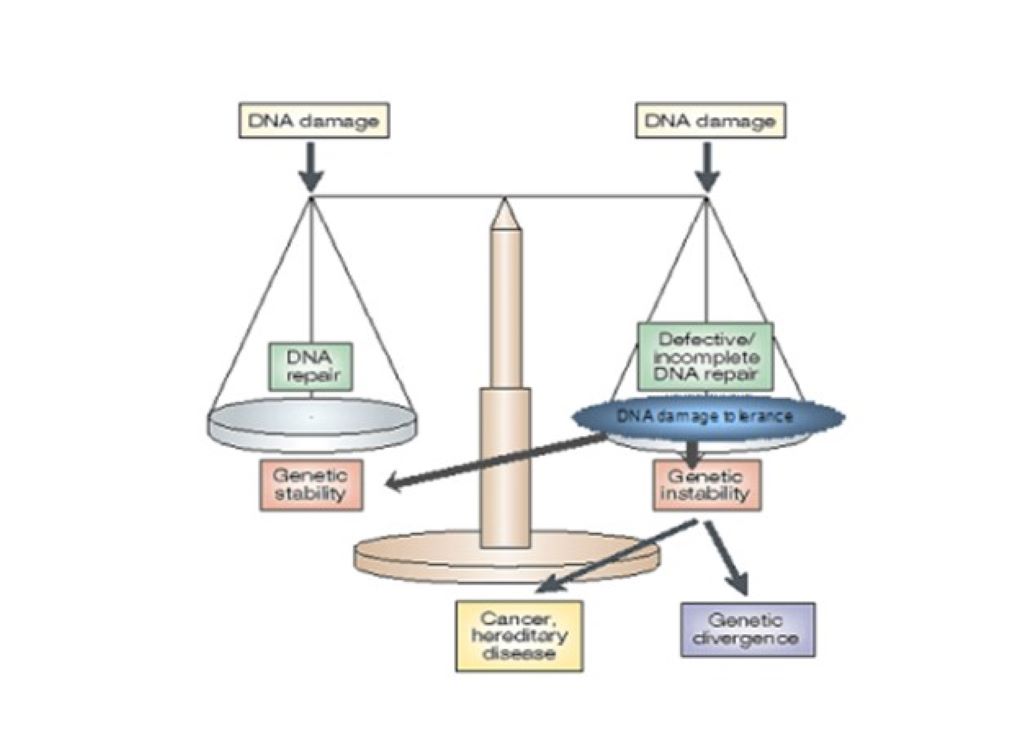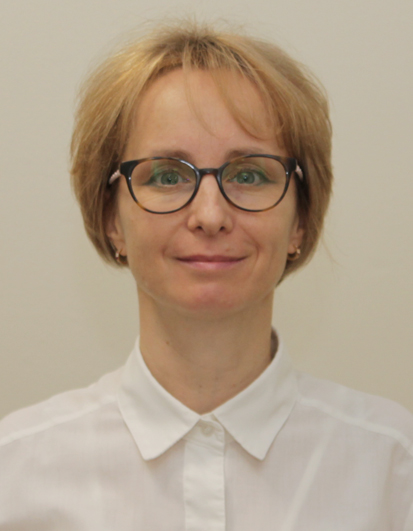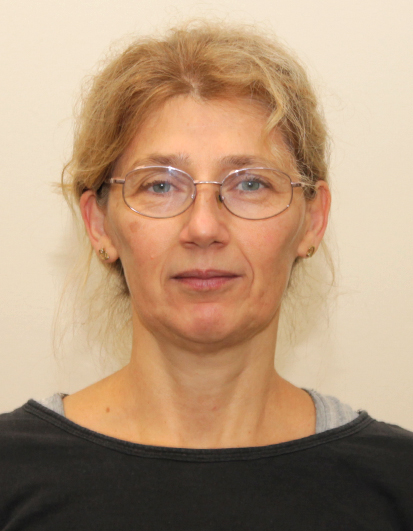
DNA the genetic material of our cells is constantly exposed to environmental agents that can damage or modify the structure of the DNA and alter the information encoded in it. This can ultimately lead to changes in the behavior and function of the cell and initiate the formation of cancer. However, cells possess several DNA repair systems that act to preserve the structure of the DNA and to correct the changes inflicted upon it. Despite the repair systems, uncorrected DNA modifications and DNA damages can still persist, and during cell division they can block the replication machinery leading to cell death. To avoid the fatal consequences, cells have evolved mechanisms that can sustain DNA replication on damaged DNA. These so-called DNA damage tolerance processes allow replication to continue on damaged DNA without removing the damage, either in an error-free or an error-prone way. The error-prone way causes increased mutagenesis and a rise in the incidence of cancers in humans, whereas error-free replication of damaged DNA contributes to genetic stability.
The main interest of our group is DNA damage tolerance. We investigate how the different DNA damage tolerance mechanisms are regulated by aiming to identify the proteins and protein modifications important for regulation. Furthermore, we examine the possible connections between the different damage tolerance mechanisms, aiming to better understand how their activities are synchronized and balanced in the cellular response to DNA damaging treatments. In our research, we employ the yeast Saccharomyces cerevisiae as a model organism, taking advantage of the high conservation of DNA damage bypass processes from yeasts to humans.


senior research associate

senior research associate

senior research associate

administrator expert
 Ildikó, UNK
Ildikó, UNK
|
senior research associate | publications | CV |
 Éva, BÁLINT
Éva, BÁLINT
|
senior research associate | publications | CV |
 Zsuzsanna, GYÖRFY
Zsuzsanna, GYÖRFY
|
senior research associate | publications | CV |
 Anikó, BOZÓ-TÓTH
Anikó, BOZÓ-TÓTH
|
administrator expert |